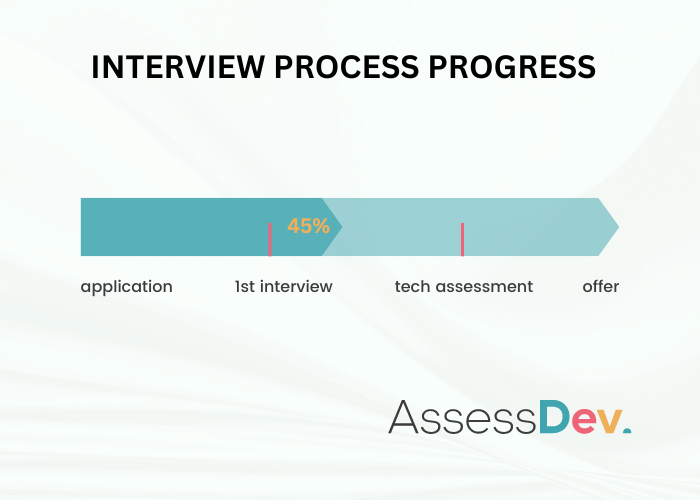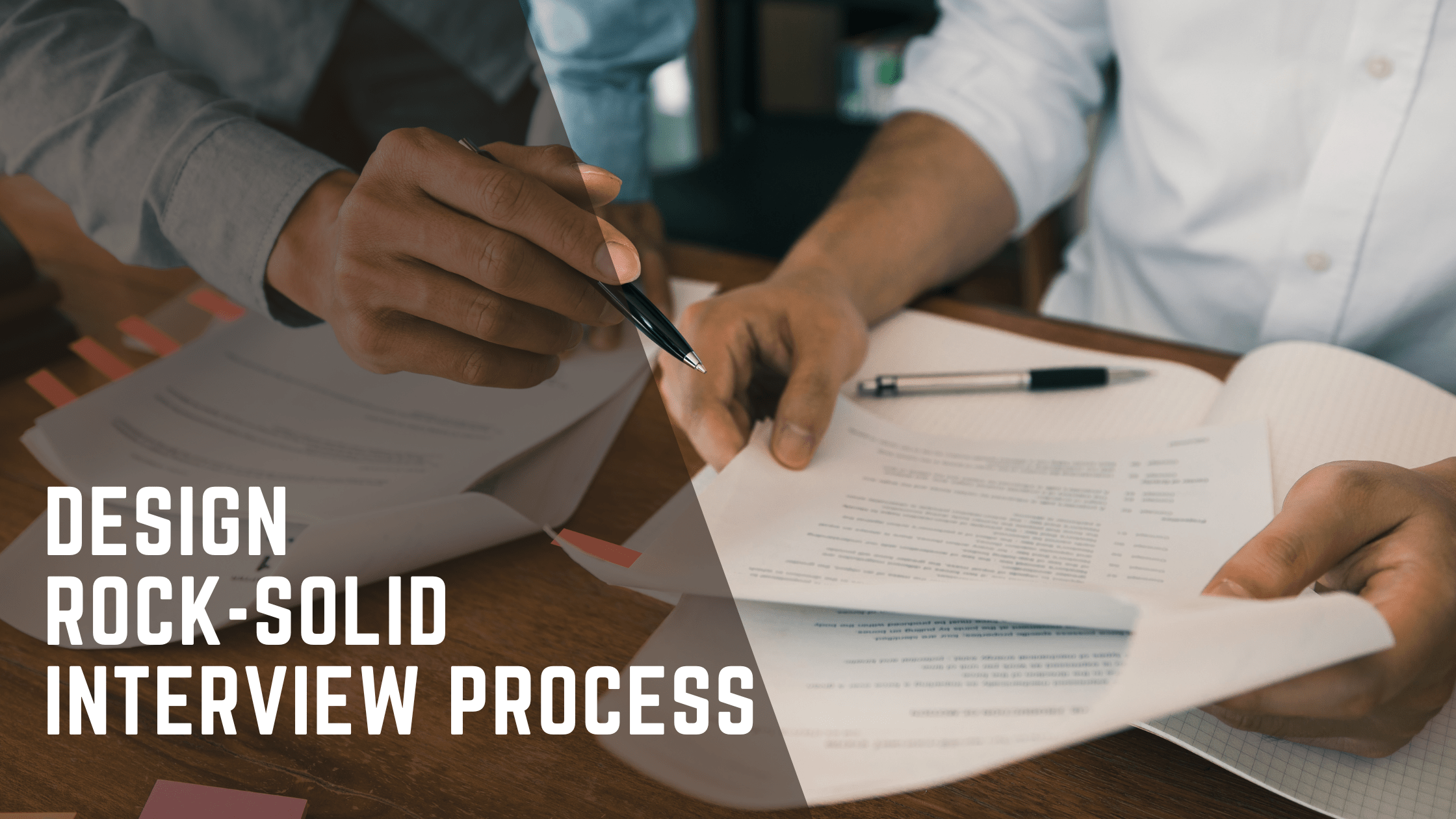We all have to interview tech talent who joins our company.
You may be the founder, the CTO, the tech lead, the hiring manager, the data engineer. Regardless of the position you hold, we all need a short guide to help us design a great interview process which does not waste our time and allow us to find the best talent to join our teams.
I and my team have designed 248 of those processes. We have interviewed more than 1000 people already. This has been our work for the past 3 years.
Here are a thing or two we learned during this time.
A
rock-solid tech interview process
has all of the following:
👉 Questions/tasks that mimic actual work the candidate would be doing in their job (that stay the same during all interviews)
👉 Clear and consistent evaluation metrics (that stay the same during all interviews)
👉 3 interview stages (maximum 4)
👉 Feedback at each stage
👉 72 hours to follow up
How do you incorporate those 5 points in your process?

- Create the questions/tasks before the first interview begins. Choose around 10 for a 30 min Q&A session.
- Decide on an evaluation metric (I use 1-5.) List the conditions under which you would give 1 to an answer. Then 2, 3 and 4. Keep the 5 for when the candidate manages to impress you, and cover the conditions for 4. Do this before the first interview is scheduled.
- set the interview stages. 1st - HR screen. 2nd - tech assessment. (2nd and a half - only if needed - delving deeper into the practical tech experience of the candidate and their work ethic). 3rd - final interview with the hiring manager and someone from the leadership of the company.
- send a 1-2 sentence feedback to candidates and applicants after each stage. Yes, it takes time. Yes, it is easier when you write 3-5 templates and use those. Yes, it will mean the world to the humans who want to work with you.
- send follow-ups no more than 3 days after each interview stage. Allow yourself a bit more time only on the application stage, i.e when the applicant submits their CV.
What can you expect when you incorporate these 5 suggestions?
✅ have a less biased evaluation process
✅ save the time of your team who interviews
✅ attract and retain candidates throughout the whole process
✅ avoid interview fatigue which lowers internal team's productivity
Resources you can learn more from
- Blueprint Structure of the 2nd interview - the tech assessment.
- The 2-hour Tech Interview Process - from Hello to Hire
🙋 And if you still need a bit on advice on how to design it, feel free to book a 15-min call with me in which I will help you out.

